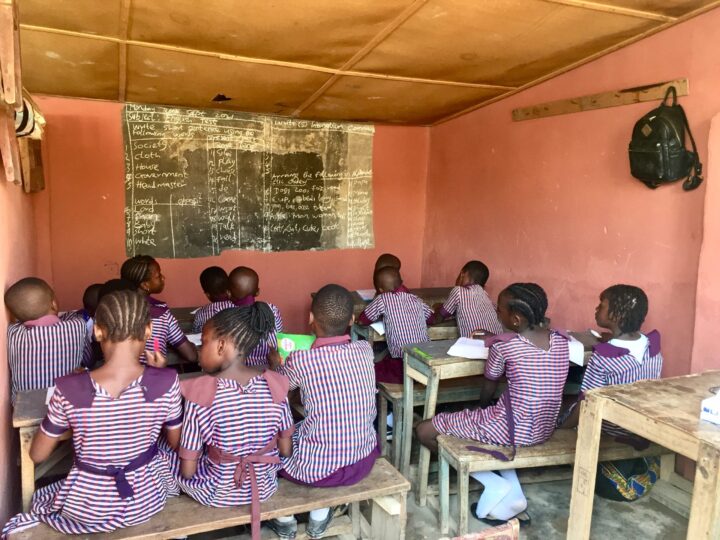The United Nations Children’s Fund (UNICEF) says children from the poorest households benefit less from national public education funding.
Catherine Russell, UNICEF executive director, said this in a statement on Monday.
Russell said education sectors across the world invest less in the education of the poor, adding that adequate funding for learning will help secure a better future for children from vulnerable households.
She said the ‘Transforming Education with Equitable Financing’ report showed that “on average, the poorest quintile of learners benefits from only 16 per cent of public funding for education, compared to the richest, who benefit from 28 per cent”.
Advertisement
She said only 11 percent of public investment in education is allocated to the poorest learners, while 42 percent is earmarked for the richest children in low-income countries.
“We are failing children. Too many education systems around the world are investing the least in those children who need it the most,” she said.
“Investing in the education of the poorest children is the most cost-effective way to ensure the future for children, communities and countries. True progress can only come when we invest in every child, everywhere.
Advertisement
“The report examines data on government spending across pre-primary, primary, secondary, and tertiary education from 102 countries. It found that a one percentage point increase in the allocation of public education resources to the poorest 20 per cent may pull 35 million primary school-aged children out of learning poverty. The study noted that around the world, public education spending is more likely to reach learners from wealthier households in both low- and middle-income countries.
“The gap is most pronounced among low-income countries. In several examples, the data showed that learners from the richest households benefit from over six times the amount of public education funding compared to the poorest. Meanwhile, in middle-income countries, the richest learners in places like Côte d’Ivoire and Senegal receive around four times more public education spending than the poorest.
“Though the gap is smaller in high-income countries, with the richest usually benefitting from 1.1 to 1.6 times as much public education spending as the poorest, France and Uruguay fall at the higher end of the gap.
“According to the report, children living in poverty are less likely to have access to school and drop out sooner. In addition, children from poor households are less represented in higher levels of education, which receive much higher public education spending per capita. They’re also more likely to live in remote and rural areas that are generally underserved and on the wrong side of the digital divide.
Advertisement
“Even before the COVID-19 pandemic, education systems around the world were largely failing children, with hundreds of millions of students attending school but not grasping basic reading and mathematics skills. Recent estimates show that two-thirds of all 10-year-olds globally are unable to read and understand a simple story.
“According to the report, a key step to addressing the learning crisis is for governments to provide equitable financing and prioritize public education resources, including increasingly focusing on foundational learning. This entails securing public funding for pre-primary and primary education for all and targeting the poor and marginalized at higher levels of education.”





